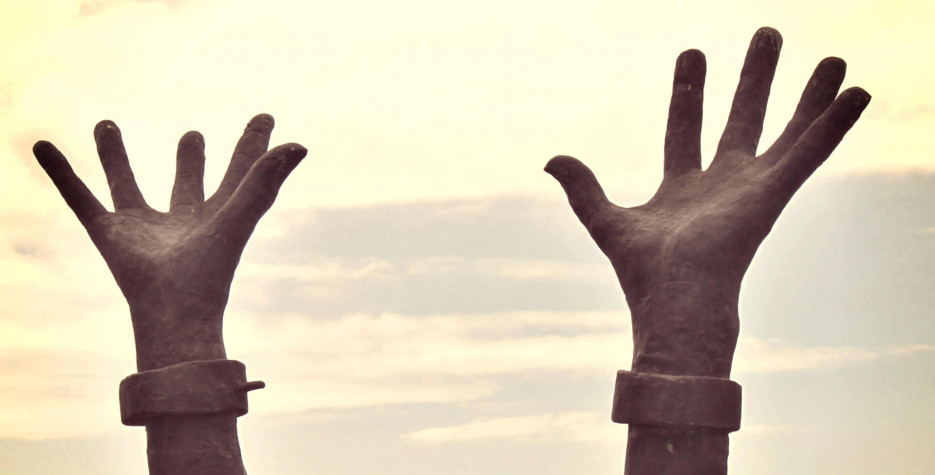When is Emancipation Day?
This holiday marks the end of slavery in the British Empire.
It is a public holiday in several Caribbean countries and although the holiday commemorates events that took place on August 1st 1834, it may be celebrated on different days in these countries.
On this page, we show a list of countries who observe the British Empire version of Emancipation. We also have separate Emancipation Day pages for Barbados and Trinidad and Tobago.
For a wider view of Emancipation Day holidays, our Day by Day Guide to Emancipation shows the dates for all versions.
History of Emancipation Day
The British like other colonial powers had allowed the widespread practice of slavery to take place during the time of expansion to the new world. In 1772, the ruling in the case of Somerset v Stewart determined that slavery was unsupported by the common law in England and Wales. While the ruling was not clear on the situation in other parts of the Empire, this case was seen as a key turning point in the change towards emancipation.
Slavery was finally abolished throughout the British Empire by the Slavery Abolition Act 1833, which came into effect on August 1st 1834. The territories controlled at that time by the East India Company, Ceylon (modern-day Sri Lanka) and St. Helen's were excluded. Slavery was not abolished in these regions until 1843.
While Emancipation Day was officially declared on August 1st 1834, it took nearly five more years for people in the Caribbean to be really free. Slaves that were newly freed after emancipation were forced into apprenticeships, where they had to continue to work uncompensated for their former slavers. Some accounts state that they were given a small stipend but still went through similar slavery working conditions.
It was in 1838 that apprenticeship ended, that is, four years after emancipation. And this was thanks to petitions by the Anti-Slavery Society, leading to Parliament voting for full emancipation to begin from August 1, 1838. In some places such as Antigua and Bermuda, the colonial governments abolished apprenticeship and fully emancipated the enslaved in 1834.
There were some groups of people already living in freedom before Emancipation. Most of them were former soldiers. The Merikins were one of them. They were ex-slaves of the American south who were part of the British army in 1812. For helping fight against the former colonies, they were rewarded with their freedom and land in the Princes Town and Moruga area on Trinidad. Africa-born soldiers who also served in the West India Regiment also had their freedom and land as rewards.
There were also the Mandingo people who also owned their own land and crops and bought the freedom of their fellow Mandingo people with the money they had.
Did you know?
The first country in the world to observe a public holiday for Emancipation Day was Trinidad and Tobago, when Emancipation Day replaced Discovery Day in 1985.
Related Holidays
Emancipation Day is a public holiday in Tonga. It is celebrated on or around June 4th to mark the abolition of the serf system in Tonga by King George Tupuo on June 4th 1863.
In the United States of America, Emancipation Day is a state holiday in Washington DC and is celebrated on the weekday closest to April 16th. As it can fall close to the annual tax return date, Emancipation Day can often lead to a delay in the date that Americans need to file their tax returns.


